What Is Blue Filter Lens ?
A blue filter lens is a type of lens that is designed to filter out blue light. It is commonly used in eyewear, such as sunglasses or computer glasses, to reduce the amount of blue light that reaches the eyes. Blue light is a high-energy visible light that is emitted by electronic devices, such as smartphones, tablets, and computer screens. It is believed that prolonged exposure to blue light can cause eye strain, fatigue, and potentially disrupt sleep patterns. Blue filter lenses work by selectively blocking or absorbing blue light, while allowing other wavelengths of light to pass through. This can help to reduce the potential negative effects of blue light on the eyes and improve visual comfort.
1、 Definition and Function of Blue Filter Lens
A blue filter lens, also known as a blue light filter lens, is a type of lens that is designed to reduce the amount of blue light that reaches the eyes. Blue light is a high-energy visible light that is emitted by electronic devices such as smartphones, tablets, and computer screens, as well as by fluorescent and LED lighting.
The main function of a blue filter lens is to protect the eyes from the potential harmful effects of blue light exposure. Research has shown that prolonged exposure to blue light can lead to eye strain, fatigue, and even long-term damage to the retina. Blue light has also been linked to sleep disturbances and disruption of the body's natural circadian rhythm.
Blue filter lenses work by selectively blocking or absorbing blue light while allowing other wavelengths of light to pass through. They are typically made with a special coating that filters out a specific range of blue light. Some blue filter lenses also have an anti-reflective coating, which helps to reduce glare and improve visual clarity.
In recent years, there has been growing concern about the potential health effects of blue light exposure, particularly with the increasing use of electronic devices. As a result, blue filter lenses have gained popularity as a way to protect the eyes and improve visual comfort. However, it is important to note that the effectiveness of blue filter lenses in reducing the potential health risks of blue light exposure is still a topic of debate among experts. Some studies suggest that blue filter lenses may provide some benefits, while others argue that the evidence is inconclusive.
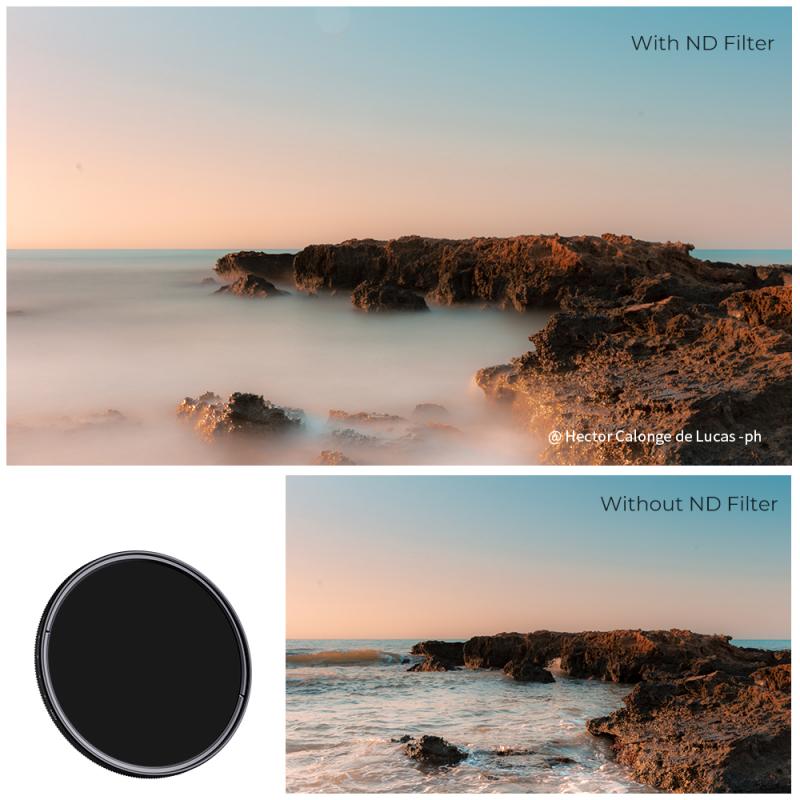
2、 Types of Blue Filter Lenses
Blue filter lenses, also known as blue light blocking lenses, are a type of eyewear lens that is designed to filter out or reduce the amount of blue light that reaches the eyes. Blue light is a high-energy visible light that is emitted by electronic devices such as smartphones, tablets, computers, and LED lights. It is also present in natural sunlight.
Blue filter lenses work by selectively blocking or absorbing blue light wavelengths, while still allowing other colors of light to pass through. This helps to reduce the amount of blue light that reaches the eyes, which can have several benefits.
One of the main benefits of blue filter lenses is that they can help to reduce eye strain and fatigue caused by prolonged exposure to blue light. Studies have shown that excessive exposure to blue light can lead to digital eye strain, which is characterized by symptoms such as dry eyes, blurred vision, and headaches. By filtering out blue light, these lenses can help to alleviate these symptoms and provide relief for individuals who spend a significant amount of time in front of digital screens.
Another potential benefit of blue filter lenses is that they can help to improve sleep quality. Blue light has been shown to suppress the production of melatonin, a hormone that regulates sleep-wake cycles. By reducing the amount of blue light that reaches the eyes, blue filter lenses may help to promote better sleep, especially when worn in the evening or before bedtime.
It is important to note that while blue filter lenses can be beneficial for some individuals, they may not be necessary or suitable for everyone. The decision to use blue filter lenses should be based on individual needs and preferences, and it is recommended to consult with an eye care professional for personalized advice.
In recent years, there has been an increasing interest in blue filter lenses due to the growing awareness of the potential harmful effects of blue light exposure. As more people spend extended periods of time using digital devices, the demand for blue filter lenses has risen. Consequently, lens manufacturers have developed various types of blue filter lenses to cater to different needs and preferences.
Some blue filter lenses are clear and virtually transparent, making them suitable for everyday use. These lenses provide a subtle blue light filtering effect without altering the color perception or appearance of the surroundings. They are ideal for individuals who want to protect their eyes from blue light without compromising their visual experience.
Other blue filter lenses have a yellow or amber tint, which enhances the contrast and reduces glare. These lenses are particularly beneficial for individuals who work in environments with high levels of blue light, such as offices with fluorescent lighting or outdoor settings with intense sunlight. The yellow or amber tint can help to improve visual comfort and clarity in these situations.
In addition to traditional eyeglasses, blue filter lenses are also available for other types of eyewear, such as sunglasses and computer glasses. Sunglasses with blue filter lenses can provide protection against both harmful UV rays and blue light, making them a popular choice for outdoor activities. Computer glasses with blue filter lenses are specifically designed for individuals who spend long hours in front of digital screens, providing targeted blue light protection and reducing eye strain.
It is worth noting that the effectiveness of blue filter lenses can vary depending on factors such as the lens material, coating technology, and the specific wavelength of blue light being filtered. Therefore, it is important to choose high-quality lenses from reputable manufacturers to ensure optimal blue light protection.
In conclusion, blue filter lenses are a type of eyewear lens that can help to reduce the amount of blue light that reaches the eyes. They can provide benefits such as reducing eye strain and improving sleep quality. With the increasing prevalence of digital devices, the demand for blue filter lenses has grown, leading to the development of various types of lenses to cater to different needs and preferences. However, it is important to consult with an eye care professional to determine if blue filter lenses are necessary or suitable for individual use.
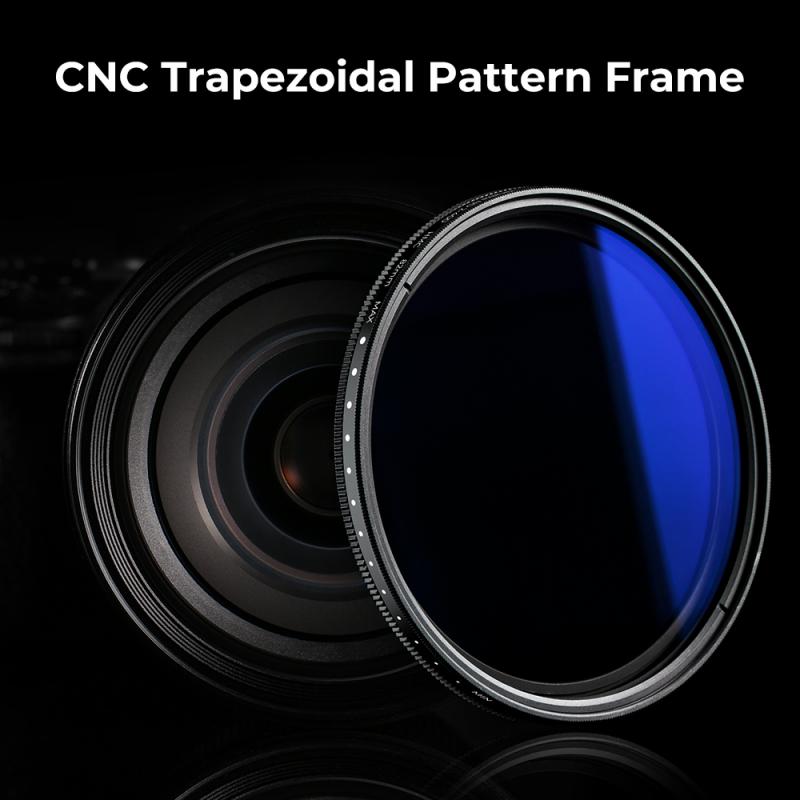
3、 Benefits and Applications of Blue Filter Lenses
Blue filter lenses, also known as blue light blocking lenses, are eyeglass lenses that are designed to filter out or reduce the amount of blue light that reaches the eyes. Blue light is a high-energy visible light that is emitted by electronic devices such as smartphones, tablets, computers, and LED lights. While blue light is naturally present in sunlight and is beneficial during the day as it helps regulate our sleep-wake cycle, excessive exposure to blue light from artificial sources can have negative effects on our eyes and overall health.
The benefits of blue filter lenses include reducing eye strain and fatigue caused by prolonged exposure to digital screens. Blue light has been linked to digital eye strain, which can cause symptoms such as dry eyes, blurred vision, and headaches. By filtering out blue light, these lenses can help alleviate these symptoms and provide a more comfortable viewing experience.
Furthermore, blue filter lenses can also improve sleep quality. Blue light exposure in the evening can disrupt the production of melatonin, a hormone that regulates sleep. By reducing the amount of blue light that reaches the eyes, these lenses can help promote better sleep patterns and prevent sleep disturbances.
In addition to these benefits, blue filter lenses may also have potential long-term benefits in reducing the risk of age-related macular degeneration (AMD). Some studies suggest that prolonged exposure to blue light may contribute to the development of AMD, a leading cause of vision loss in older adults. By blocking or reducing blue light, these lenses may help protect the eyes from potential damage.
The applications of blue filter lenses are wide-ranging. They are particularly beneficial for individuals who spend a significant amount of time in front of digital screens, such as office workers, students, and gamers. Additionally, people who have trouble sleeping or have a history of AMD may also benefit from using blue filter lenses.
It is important to note that while blue filter lenses can be effective in reducing blue light exposure, they do not eliminate it entirely. Therefore, it is still important to practice healthy screen habits, such as taking regular breaks, adjusting screen brightness, and maintaining proper posture.
As technology continues to advance and our reliance on digital devices increases, the use of blue filter lenses is becoming more relevant. With the growing concern about the potential negative effects of blue light on our eyes and overall well-being, these lenses offer a practical solution to mitigate these risks.
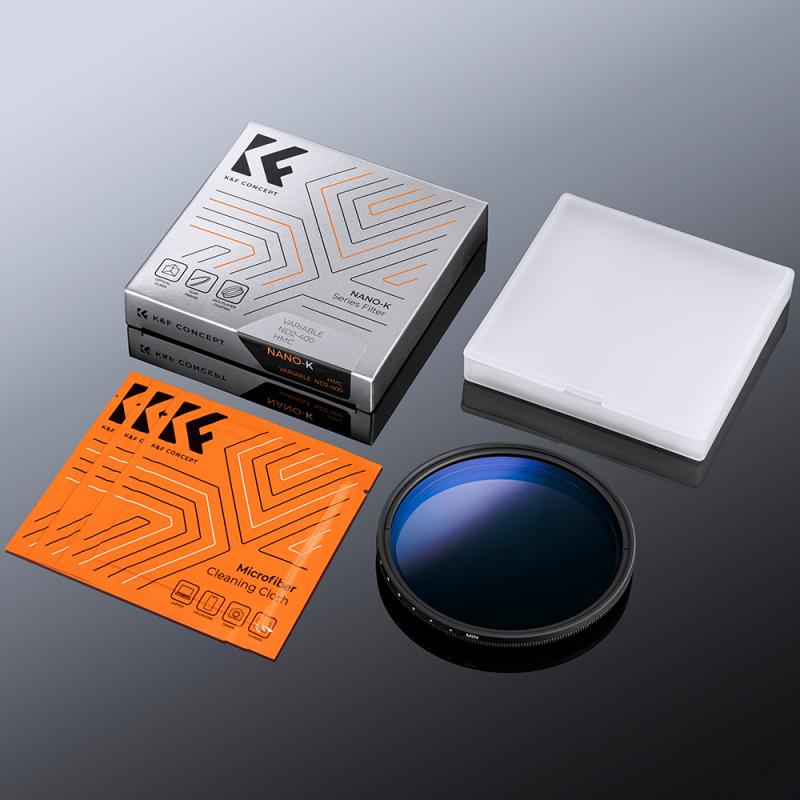
4、 Potential Risks and Side Effects of Blue Filter Lenses
Blue filter lenses, also known as blue light blocking lenses or blue light filter lenses, are eyeglass lenses that are designed to reduce the amount of blue light that reaches the eyes. Blue light is a high-energy light that is emitted by electronic devices such as smartphones, tablets, and computer screens, as well as by LED lights and the sun.
The main purpose of blue filter lenses is to protect the eyes from the potential harmful effects of blue light exposure. Blue light has been linked to a variety of health issues, including eye strain, dry eyes, headaches, and sleep disturbances. By filtering out a portion of the blue light, these lenses aim to alleviate these symptoms and improve visual comfort, especially for individuals who spend a significant amount of time in front of digital screens.
However, it is important to note that the effectiveness of blue filter lenses in reducing these symptoms is still a topic of debate among experts. Some studies suggest that blue filter lenses may indeed provide some relief from eye strain and other related symptoms, while others argue that the benefits may be minimal or even negligible.
Additionally, there are potential risks and side effects associated with blue filter lenses. One concern is that by blocking blue light, these lenses may alter the color perception and contrast sensitivity of the wearer. This can be particularly problematic for individuals who require accurate color vision for their profession, such as artists or graphic designers.
Furthermore, some experts argue that blue filter lenses may disrupt the natural sleep-wake cycle by reducing the amount of blue light exposure in the evening. Blue light exposure during the day helps regulate the body's internal clock, but reducing it in the evening may interfere with the production of melatonin, a hormone that promotes sleep.
In conclusion, while blue filter lenses may offer some benefits in reducing eye strain and other related symptoms, their effectiveness and potential risks are still a matter of debate. It is important for individuals considering blue filter lenses to consult with an eye care professional to determine if they are suitable for their specific needs and to weigh the potential benefits against the possible risks.
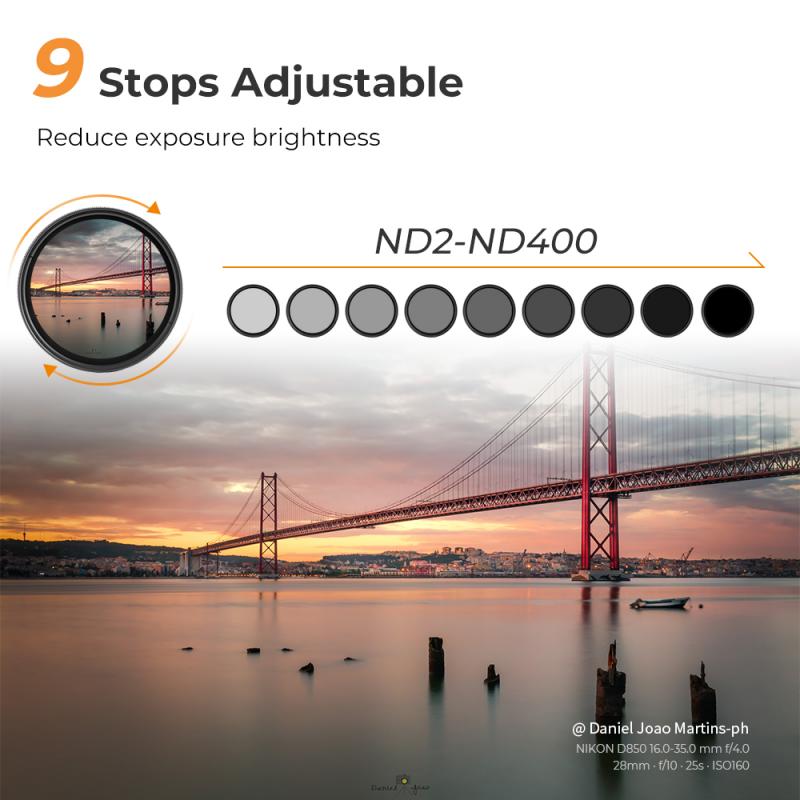

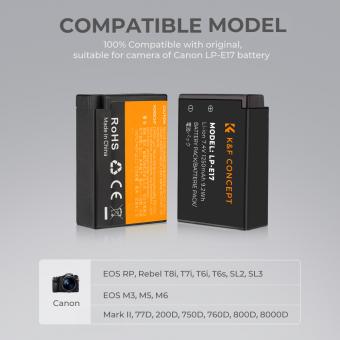






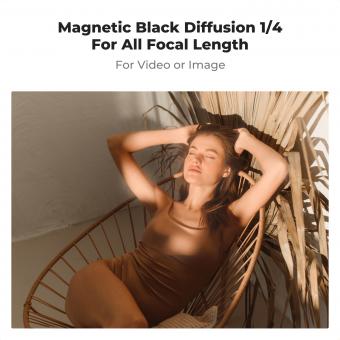

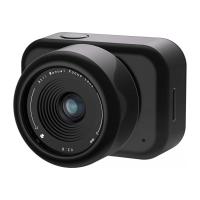

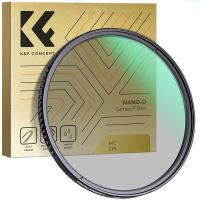

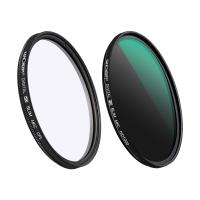
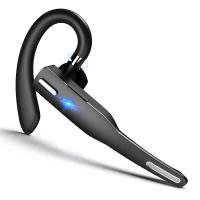

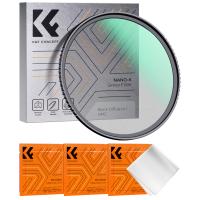
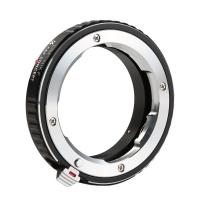
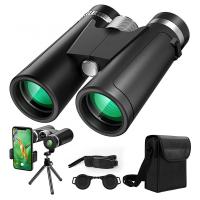
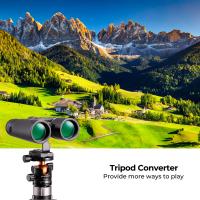


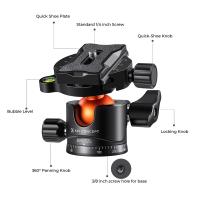

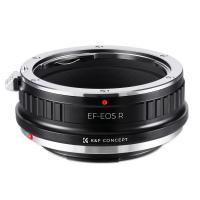
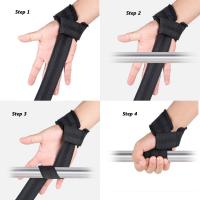
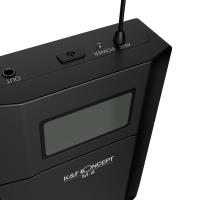
There are no comments for this blog.